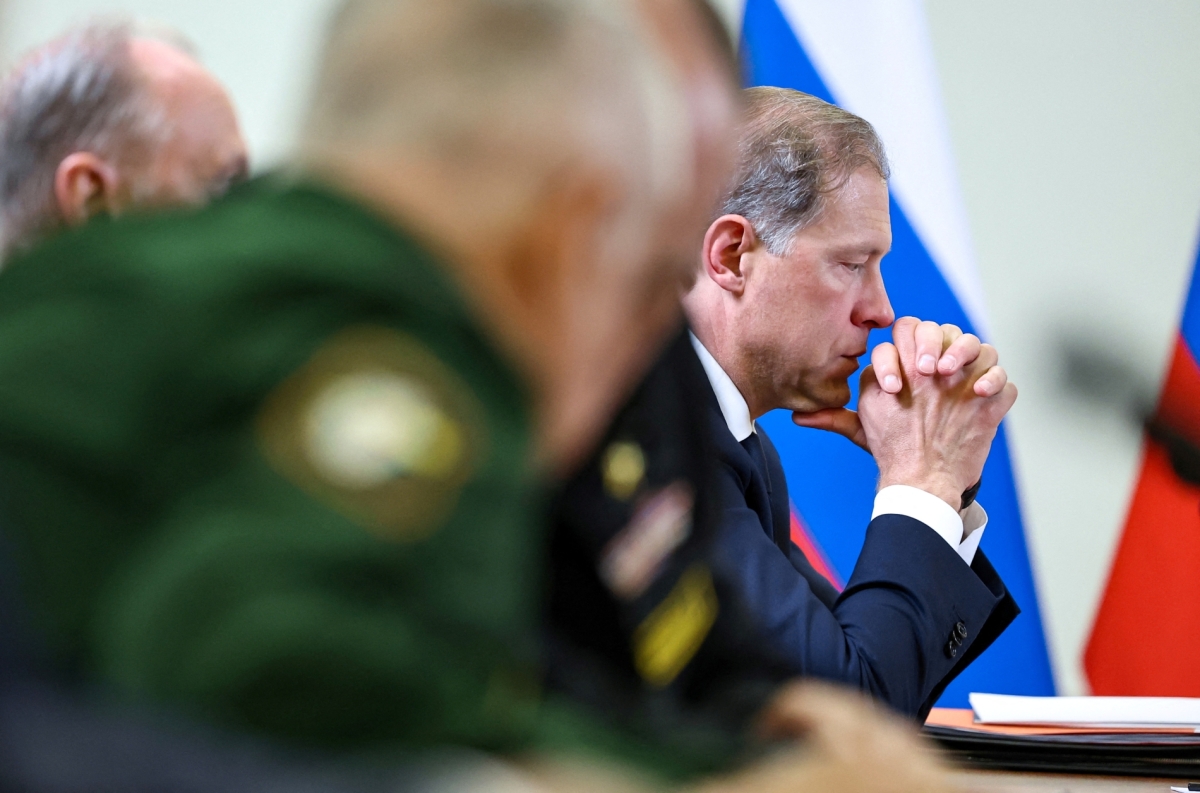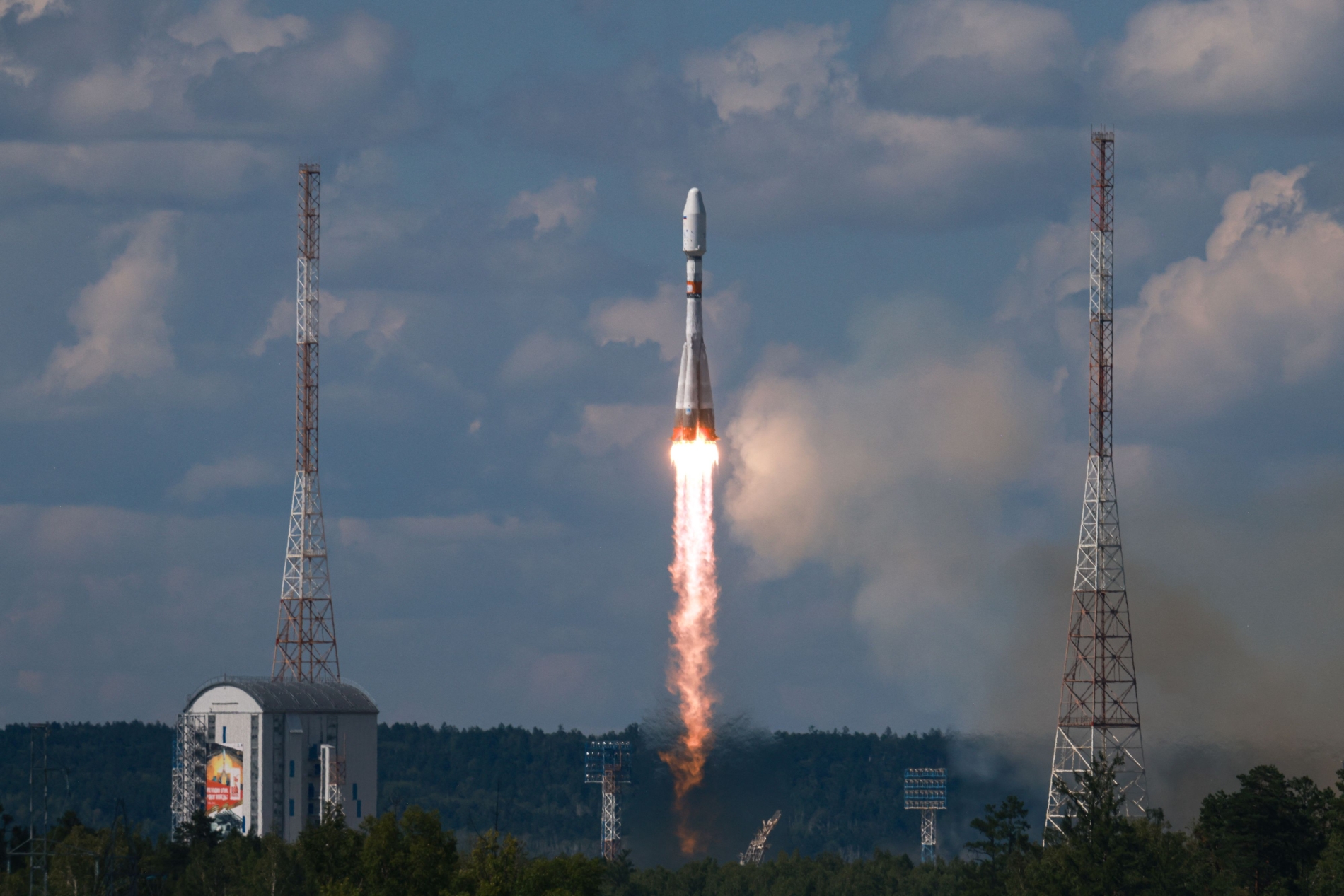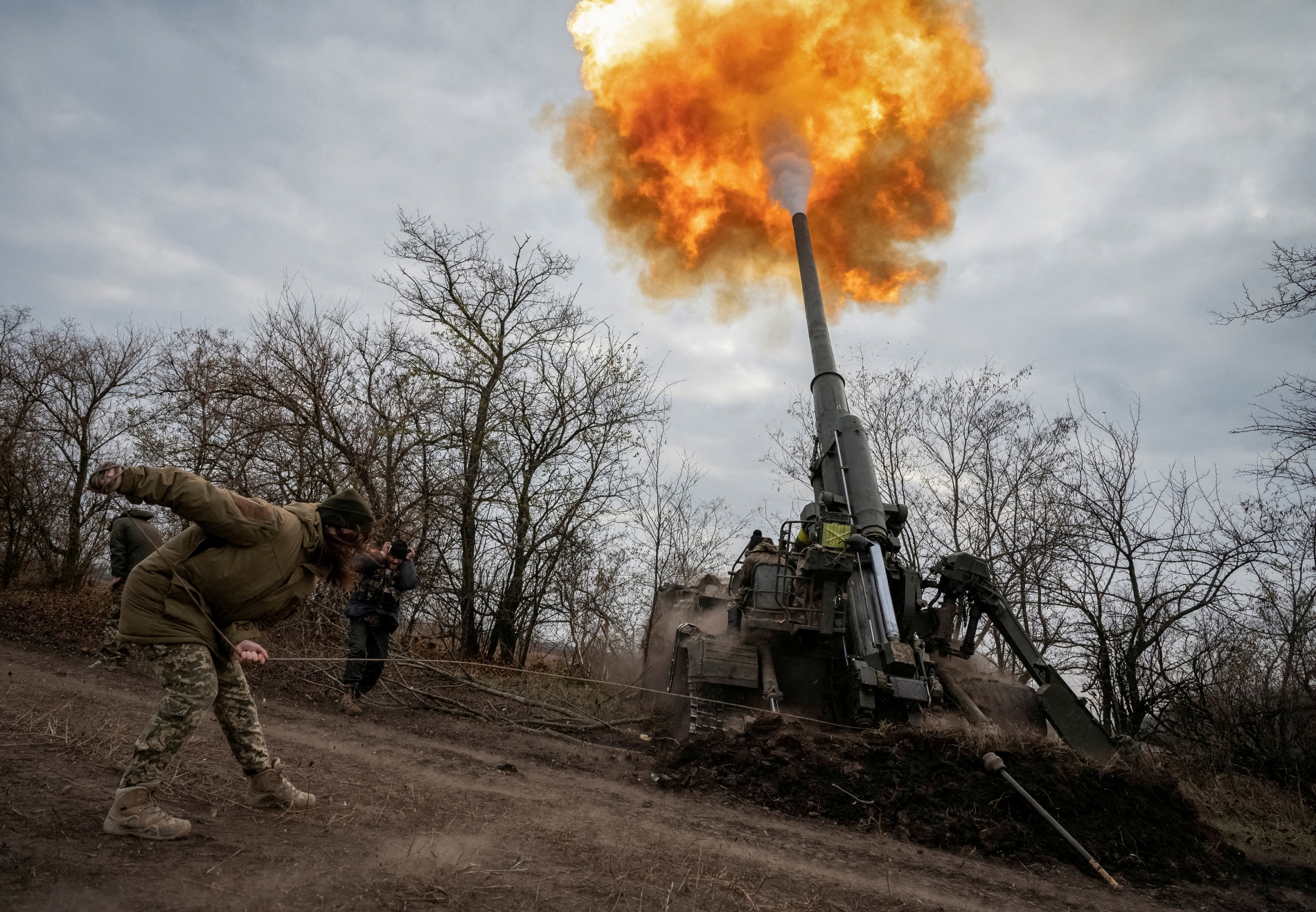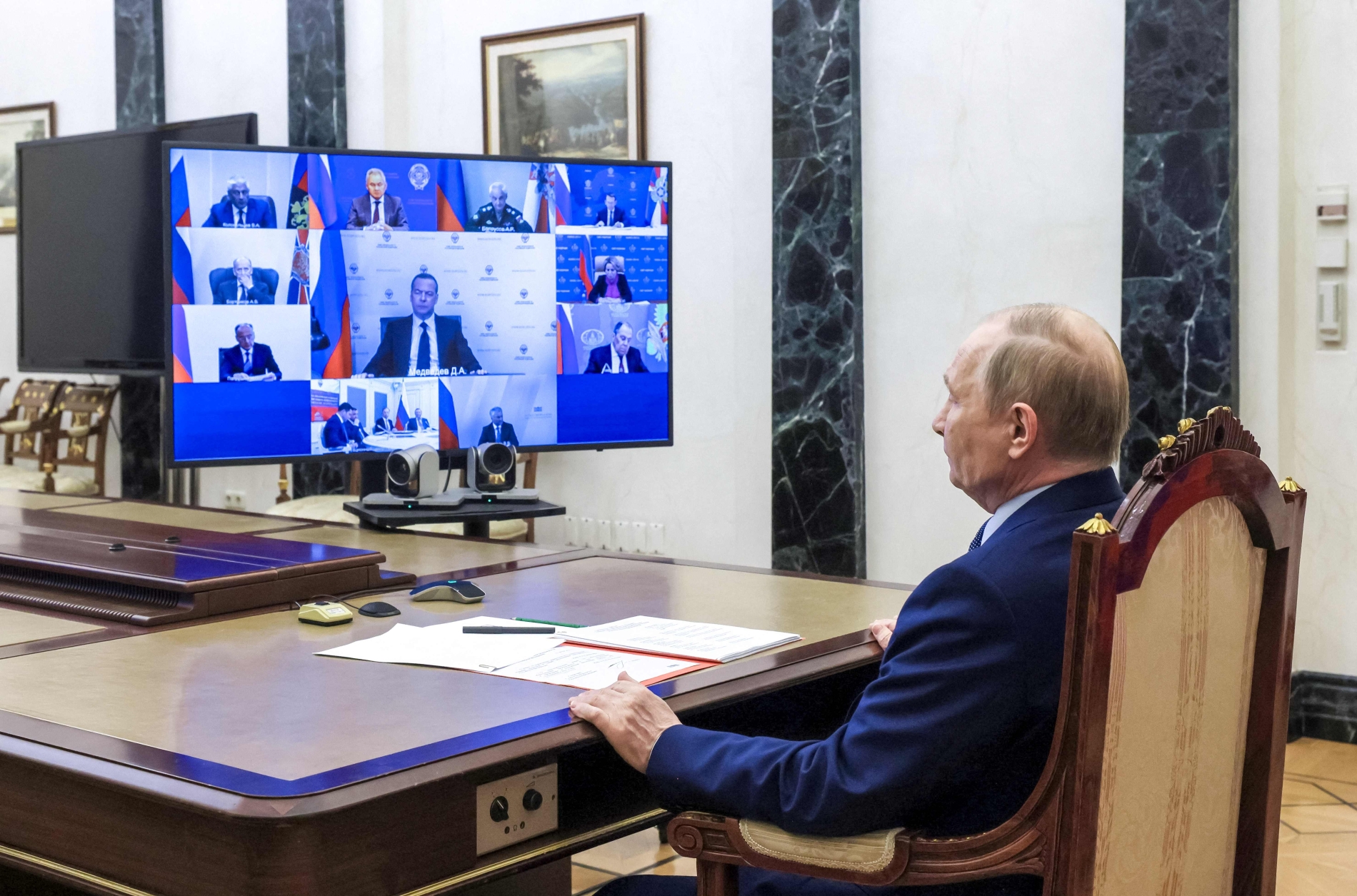Following the recent 12-day war between Israel and Iran, military analysts around the world will be assessing effectiveness of combatants’ decisions, evaluating military forces and their capabilities, and adjusting their predictions and expectations based on this newly-received intelligence. This is no less true in Moscow than elsewhere.
Discussing such hot topics with a cool head is crucial to avoid “failures of imagination” and break through the information noise and false narratives so seemingly prevalent in international politics these days. A lot can be inferred from who did what—or, rather, who did not to what—during those 12 days, meaning that the lessons learned are not just military but diplomatic and political.
Of particular interest is the relationship between Russia and Iran. Earlier this year, on 17 January, Russian-Iranian Comprehensive Strategic Partnership Treaty made much noise, which in turn created an aura of significance. A whole operation, including officials’ statements and the authorised feeding of information, seemed intended to demonstrate strengthened strategic cooperation between Tehran and Moscow. It perpetuated an illusion divorced from reality.
Lancing the myth
For Russian analysts, there was no doubt that the Kremlin would not enter the war on the side of Iran, even if much of its resources were not currently tied up in Ukraine. Dig deeper, beyond their relationship of convenience, and there is a deficit of trust between Iran and Russia. As a result, Moscow may only ever have been expected to offer a ‘pat on the shoulder’. Now this has been borne out during combat, it may finally put an end to talk of an emerging ‘axis’ involving Russia, Iran, China, and North Korea.
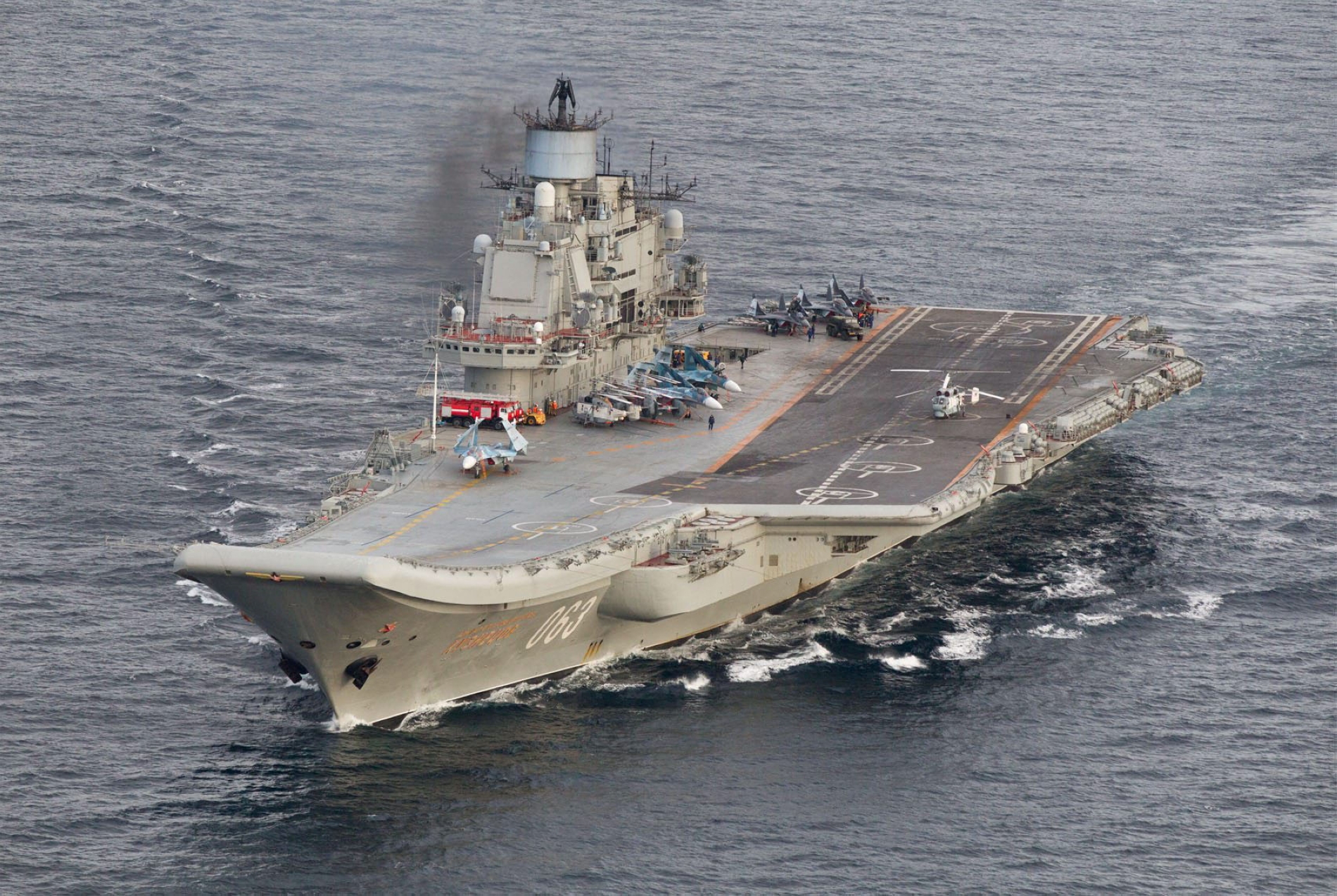
Moscow has learned from both its mistakes and its successes in Ukraine. The invasion revealed both military and political miscalculations. There is now an effort to overcome the inertia of its own bureaucratic politico-military system to correct these missteps. Whether Russia’s leadership takes account of the learning from 12 days of war in June remains to be seen.
Publicly, no military conclusions have been drawn, only political, namely that if the nuclear issue is to be resolved once-and-for-all, it can only be done diplomatically. But it is logical that the Kremlin will be learning military lessons from the Israel-Iran war involving the US, not least because Moscow sees itself as fighting NATO in Ukraine, and because Iran employed Russian air defence systems against Western aircraft.
Defence tested
Vladimir Denisov, a veteran Russian intelligence officer and former Deputy Secretary of the Russian Security Council, said Russian air defence assets had never been called into action against such a high-intensity enemy as that of Israeli and American aircraft during the 12-day conflict. This is of interest, because Russian military experts have long planned for a non-nuclear, US-led global missile strike against Russia.


